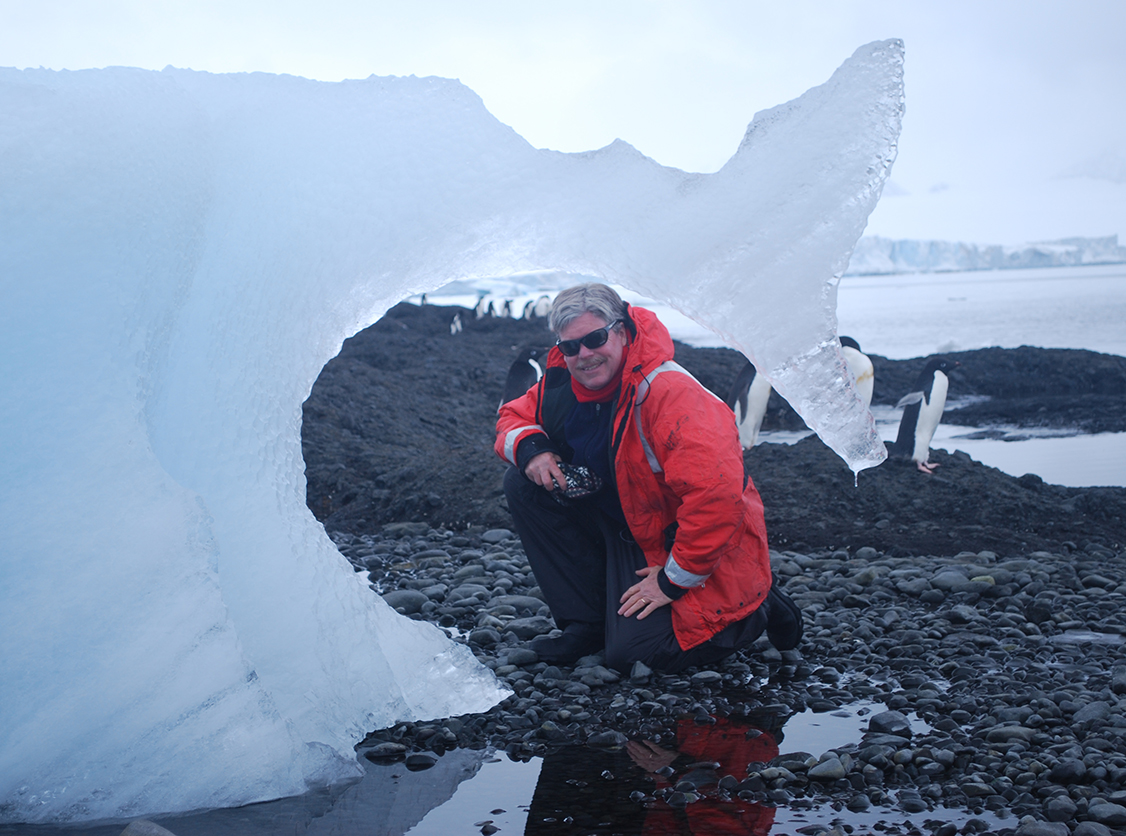
After receiving the news about his award, James commented “I am both honored and thrilled to have been selected for the inaugural SCAR Medal for Education and Communication. This recognition is not only personally rewarding, but will further enhance opportunities for me to speak and write widely on the uniqueness of Antarctica, the importance of protecting its diverse marine ecosystems, and especially its capacity to focus public attention on the global issue of anthropogenic climate change.”
The SCAR Medal for Education and Communication is awarded for the first time in 2018. It acknowledges excellence or innovation in, and sustained commitment to, (a) communicating Antarctic research, (b) making a significant contribution to educating the next generation of Antarctic researchers, or (c) contributing to building new capacity in SCAR member countries. Nominees have a significant record of achievement in terms of the quality, effectiveness and creativity of their engagement in one or more of these three key areas of education and communication.
 Professor McClintock’s application, led by Charles Amsler, was approved by the SCAR Executive Committee. The medal will be awarded at the XXXV SCAR Meeting, during the Polar2018 Conference Dinner in Davos on the 21st of June 2018.
Professor McClintock’s application, led by Charles Amsler, was approved by the SCAR Executive Committee. The medal will be awarded at the XXXV SCAR Meeting, during the Polar2018 Conference Dinner in Davos on the 21st of June 2018.
For more information on SCAR Medals, please see https://scarpngmtn.nimpr.uk/awards/medals/overview/.
Please join us in celebrating the important contributions of Professor James McClintock.
